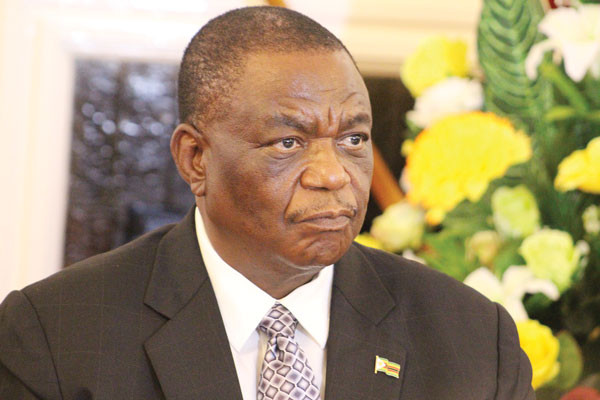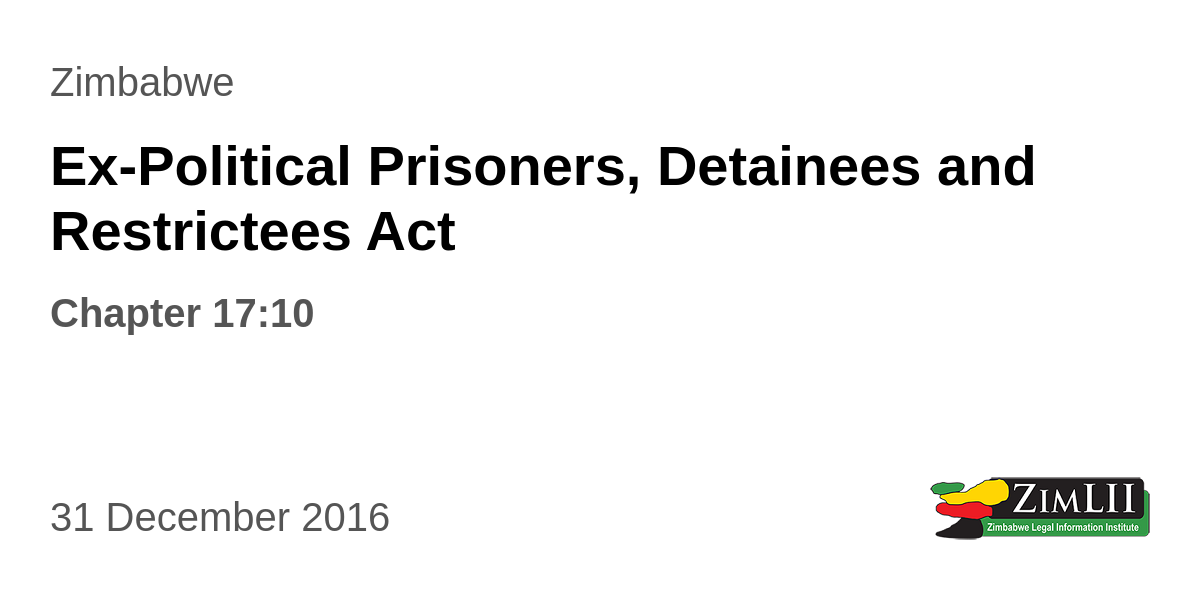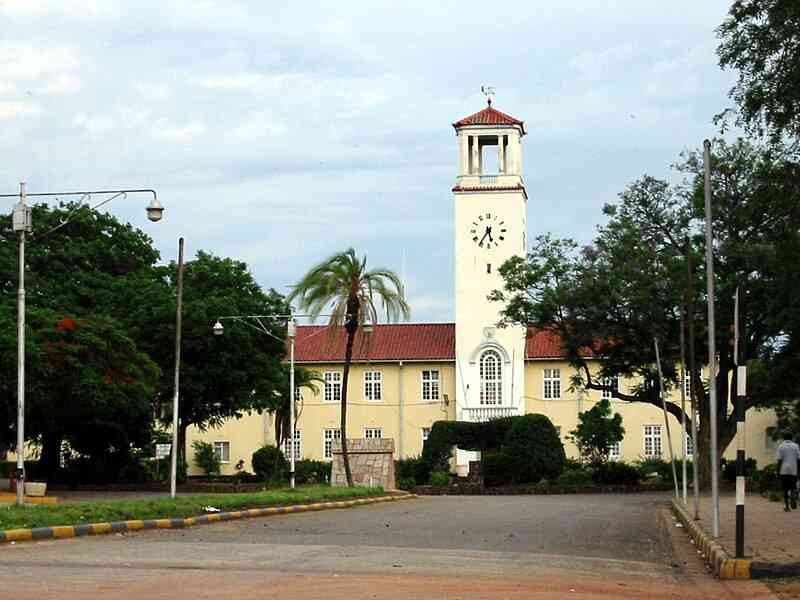HARARE residents associations say they fear another wave of cholera outbreaks as a number of suburbs have gone for weeks without running water following a breakdown at the municipal waterworks.
In Harare, cholera is endemic with the worst outbreak experienced in 2008, which led to 4 288 deaths.
In August this year, the government declared that the 18-month long cholera outbreak, which began in Chegutu before spreading to Harare and other cities was over.
The outbreak affected up to 35 000 people and claimed more than 700 lives.
With the ongoing water challenges in the capital city and raw sewage flowing in some streets, residents associations said it might be a question of time before another outbreak hits Harare.
Combined Harare Residents Association director, Reuben Akili said the water crisis was a major health threat as desperate residents were resorting to unprotected water sources.
“This whole water challenge is a serious public health crisis, which has not received the attention, which it deserves,” Akili said.
“Relating to the issue of decommissioning or even topping some of the water pumps, we could have envisaged that they put a quality plan to access mobile water fountains so that people would be able to have water.”
Akili urged council to urgently address the water challenges to prevent a disaster.
“Last time we told them that the decommissioning of Prince Edward was going to cause problems and we were not surprised to see the emergence of cholera in some areas of Harare,” he said.
“So again in that same vein if this dry spell persists especially during the whole week we are getting into we actually also expect an eruption of water borne diseases.”
Harare Residents Trust director Precious Shumba, said the unavailability of water in nearly 45 wards in the city was disastrous.
“What it basically means is that if we have heavy rains right now there is likely to be a cholera outbreak because there are sewer bursts in some of the suburbs that have gone unattended for a very long time,” Shumba said.
He said families were experiencing health challenges where they had to keep reusing water in their houses.
“If you get into their homes, they are smelly,” Shumba said.
“There is a high probability of more disease outbreaks, especially in high-density residential areas, and unfortunately, the city of Harare does not have the capacity to provide water bowsers to mitigate the situation.”
Harare mayor Jacob Mafume told The Standard that the council had attended to the breakdown at the waterworks.
“The challenge has been sorted,” Mafume said.
“The pumps that had been flooded, two of them have started working and we are anticipating that in a few days we will go back to our regular system.”





